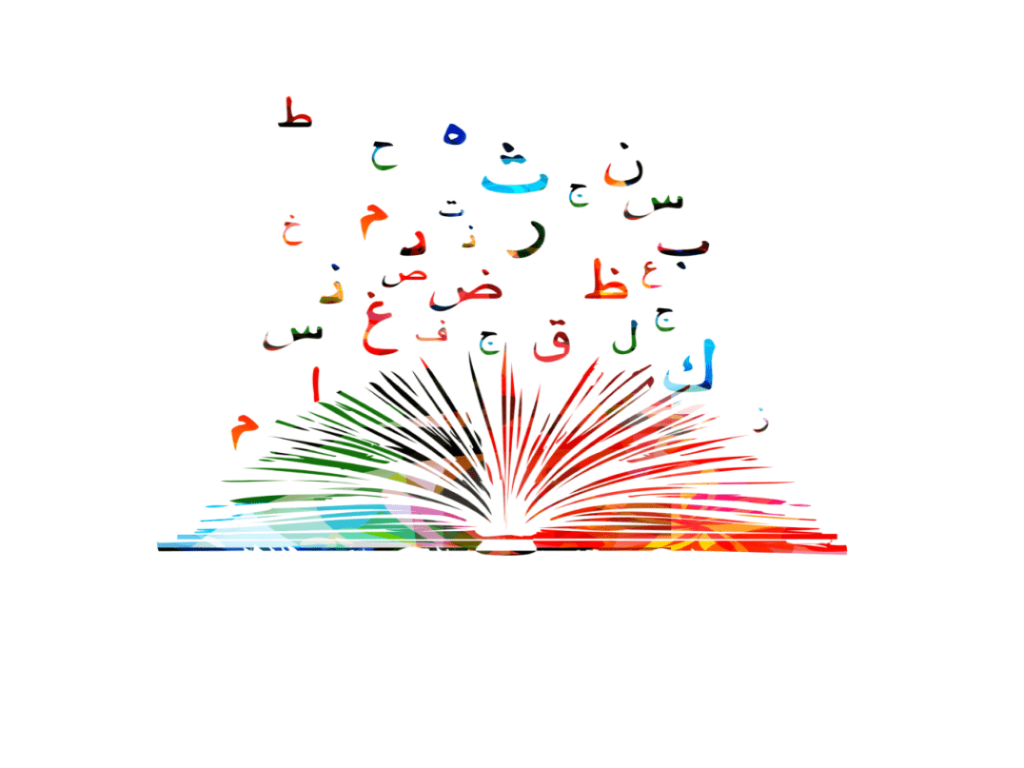Have you started learning Arabic and found yourself struggling with certain sounds? You’re not alone! Many non-native speakers find Arabic pronunciation challenging, but it’s a crucial step toward fluency. Mastering proper Arabic is your key to better communication, deeper understanding, and making a great impression on native speakers.
In this guide, we’ll break down the unique sounds of the Arabic language and provide practical tips to help you master Arabic pronunciation words. Let’s get started on your journey to sounding more like a native speaker!
Mastering Arabic Pronunciation
Mastering Arabic pronunciation is a crucial step for anyone learning the language. Unlike English, Arabic has a unique set of sounds, including guttural and emphatic consonants, as well as a distinct vowel system. Achieving proper Arabic pronunciation not only improves your ability to be understood but also allows you to sound more like a native speaker, which is a great confidence booster. With consistent practice and attention to detail, you can overcome the initial challenges and speak Arabic with clarity and authenticity.
Sounds You’ve Never Heard Before: Guttural and Emphatic Letters
Arabic features several sounds that don’t exist in English. The most notable are the guttural and emphatic letters. Don’t worry, with practice, you can master them.
Guttural Sounds
These sounds are produced deep in the throat and are key to authentic Arabic pronunciation.
- (H) ح : A soft, breathy sound, not a hard ‘H’. Think of it as sighing or a whisper.
- (ʻ) ع : The sound of a slight cough or a constricting throat. It’s often described as one of the most difficult sounds for non-natives.
- (gh) غ : A guttural “G” sound, similar to a French “R” or the sound you make when gargling.
- (kh) خ : A forceful, raspy sound, like a deep clearing of your throat.
Emphatic Sounds
These are “heavy” or “dark” versions of other letters. When you say them, the back of your tongue rises to the roof of your mouth, giving the sound a full, resonant quality.
- (T) ط vs. (t) ت : Listen to the difference. ت is the light “T” in “tea,” while ط is a heavy, round “T” like in “table.”
- (S) ص vs. (s) س : س is the light “s” in “sun,” while ص is a thicker, heavier “S” like in “soda.”
The Vowel System and The Glottal Stop
Understanding how vowels and the glottal stop work is fundamental to achieving proper Arabic pronunciation.
The Three Vowels
Arabic has a simple vowel system with three short vowels, known as Harakat.
- FatHah (ـَ): A short ‘a’ sound, like in “apple.”
- Kasrah (ـِ): A short ‘i’ sound, like in “it.”
- Dhammah (ـُ): A short ‘u’ sound, like in “put.”
Long Vowels
In addition to the short vowels, there are long vowels that extend the sound:
- (Alif) ا : As in the word “baab” (door).
- (Waw) و : As in the word “luuh” (board).
- (Yaa) ي: As in the word “layl” (night).
The Glottal Stop (ء)
The glottal stop is a sound produced by a quick closure of the vocal cords, like the break in “uh-oh.” It is an essential part of proper Arabic pronunciation words and is often found at the beginning of words like أحمد (Ahmad) and إنسان (insan).
Practical Tips for Improving Your Pronunciation
Arabic pronunciation can be perfected with consistent practice. Here are some tips to help you on your journey:
- Train Your Ear: Listen to native speakers by watching movies, news broadcasts, or podcasts. Pay close attention to how they articulate the sounds.
- Record Yourself: Use your phone to record your voice as you pronounce Arabic words. Listen back and compare your recording to the native speaker’s audio to identify areas for improvement.
- Use an Audio Dictionary: When you encounter a new word, use an online dictionary that provides audio pronunciations.
- Practice Consistently: Don’t get discouraged if you can’t master a sound immediately. Focus on one sound at a time until you feel comfortable.
Standard Arabic vs. Dialects: What’s the Difference?
You may notice that Arabic sounds different from country to country. This is because Modern Standard Arabic (MSA) is the formal language of media and education, while colloquial dialects are what people use in daily life. Most native speakers use a mix of both. Don’t let this intimidate you! Mastering MSA will allow you to communicate effectively with Arabic speakers from all over the world.
Conclusion
The journey to mastering proper Arabic pronunciation may be long, but it is incredibly rewarding. By understanding the unique sounds and applying these practical tips, you will significantly improve your speaking and listening skills, bringing you closer to sounding like a native. Keep practicing, and you’ll get there!
If you wish to learn more about the Arabic language, download our Arabic learning app.



